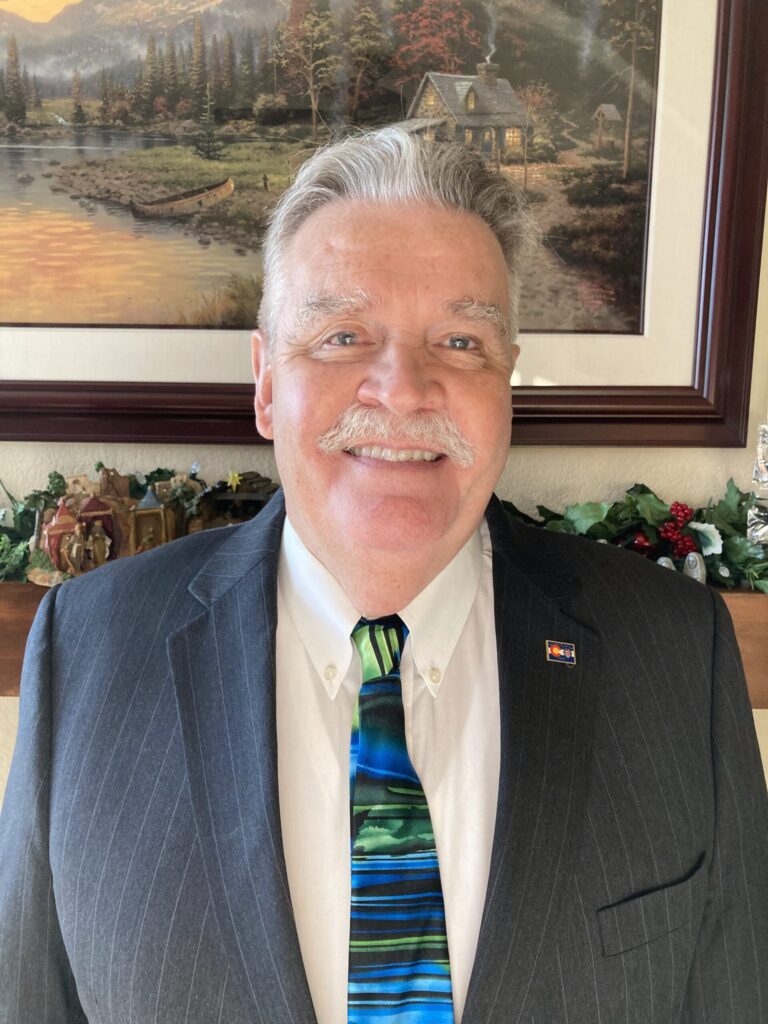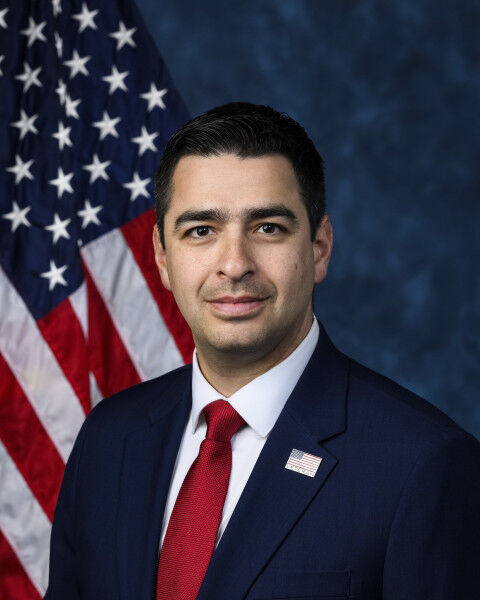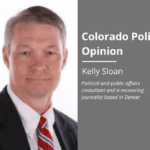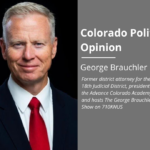CU Boulder education research reputation at stake | NOONAN
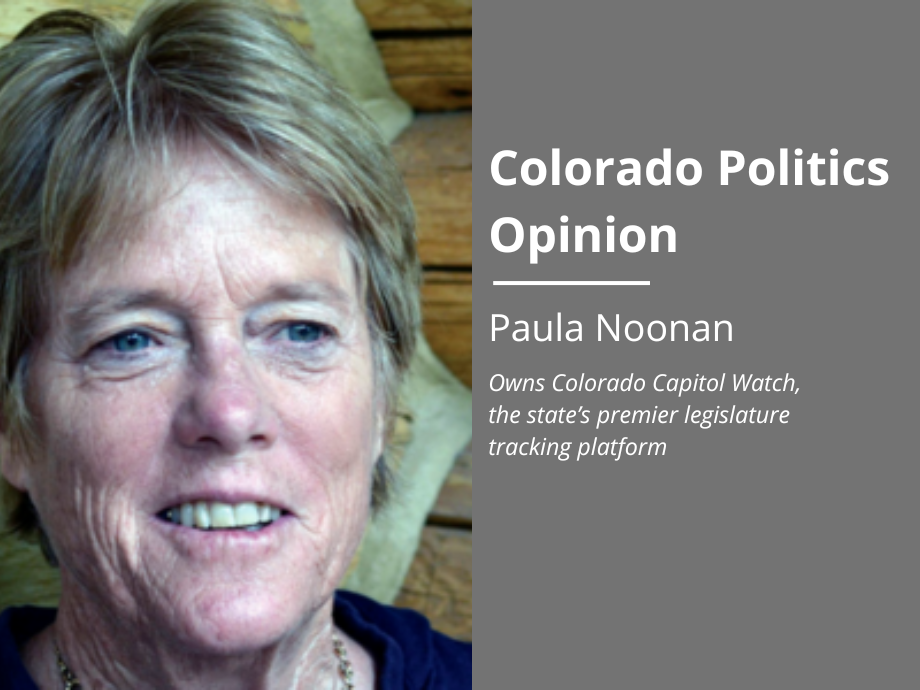

Who knew the four members of the State Board of Education who voted against giving away the school life records of hundreds of thousands of students to a University of Colorado “researcher” are followers of the Taliban? This is a June 15 tweet from Van Schoales, education reformer frequently consulted by Colorado’s news media: “Thank you CO State Board Members Durham & Schroeder for supporting science & research. Remarkable there’s debate on whether the University of Colorado should do research on student learning! Are we in Afghanistan? @codepted @ChalkbeatCO.”
Schoales followed up his quip with another: “Totally depressing that 4 of 9 CO state board members have zero interest in supporting independent academic research on student learning…” His pal Jen Walmer of Democrats for Education Reform chipped in: “Thankful for the 5 who know the importance of independent research!”
Though the exhortations from two of the most prominent leaders of the education reform movement in Colorado may seem heartfelt, they are disingenuous. In no way can the research project authorized and recommended by the Colorado Department of Education (CDE) and authorized by a majority of the State Board of Education be considered “independent” or supportive of honest “science and research.” Katy Anthes, departing commissioner of CDE who recommended the study, Van Schoales, and Jen Walmer know exactly how tainted this research project is and will be.
Stay up to speed: Sign-up for daily opinion in your inbox Monday-Friday
Here is the story contradicting Schoales’s Taliban accusation. Once you’ve read it, you’ll wonder why he hasn’t said “sorry,” and meant it, to four diligent, hardworking State Board members.
As many know, there’s ongoing controversy at Denver Public Schools related to the current school board and superintendent. Among the many important issues is the push-and-pull related to charter schools, innovation schools and DPS-managed schools. Schoales and Walmer have long led the “education reform” movement supporting previous Superintendents Michael Bennet and Tom Boasberg when Denver closed dozens of schools and opened dozens more charter schools in replacement. The agonizing trauma of closing neighborhood schools for students and parents was offset, in their view, by the amazing successes of the new charter programs.
A recent study undertaken by Parker Baxter of the University of Colorado Denver’s Center for Education Policy Analysis celebrated this triumph. To Baxter’s chagrin, his study was later critiqued by Kevin Welner’s group at the University of Colorado Boulder’s National Education Policy Center. This review found numerous serious shortcomings.
Parker Baxter certainly has a deep personal as well as professional commitment to the successes of the charter school movement. He’s worked this scene his entire professional life. Among other charter school executive and director roles, he was an assistant superintendent of parental options for the State of Louisiana Department of Education and director of charter schools for Denver Public Schools. Yes, this is correct. The person leading this new research project on impacts of education reform on DPS students is the person who directed that division during the formative years of the time-frame of the study. He’s researching his own job even though he already knows how superb his work was.
Here is his own testimony on his success in a tweet from June 14, the day before his request was heard by the State Board: “If you were a student in the Denver Public Schools between 2008 and 2019, you may not have realized it at the time, but you were likely benefiting from the most comprehensive and effective education reform initiative in the history of the U.S.”
When Baxter requested authorization from DPS to conduct his new study covering DPS and 11 other districts’ students’ school lives from 2004 to 2019, Denver’s superintendent Alex Marrero turned him down. The basis for the turn-down was Baxter’s too-narrow focus in the first report. His new research will not correct these shortcomings. It will probably exacerbate them.
Then there’s the question of who’s funding this project. Ideally the $390,000 used for the study would come from an entity that has no self-interest in how the evidence shakes down. But that’s not the case.
Like the previous report, Baxter’s project will receive its funding from Arnold Ventures, a philanthropic investment fund owned by John Arnold of Houston, Texas. He supports market-based solutions to public school problems. That is, Arnold believes that students and their parents in Denver and Colorado represent a market. Only the competitive forces of free-markets can meet their education needs. The goal is to take our public tax dollars and pump that money into charter and innovation schools managed by un-elected boards of directors who have no accountability to voters. And Arnold gets his tax deduction.
These facts caused some individuals including the four members of the State Board of Education to question whether Parker Baxter is the right person to lead this “independent” research project based on the lives of thousands of students who attended metro area schools from 2004 to 2019 and their millions of student life records.
Let’s bring the University of Colorado and its reputation as a premier research institution into this controversy. According to the project, Baxter will submit his findings to a peer-reviewed journal, likely Education Next, the current outlet for his articles. Academic peer review means examining research for accuracy, appropriateness, context and logical findings. Education Next’s goal is to publish the most enthusiastic and flattering findings supporting charter schools and vouchers. That’s not independent or authentic peer review.
A wise decision from the university would ensure any findings first go to CU’s other education research center at CU Boulder under Kevin Welner. He’s a well-respected academic researcher and faculty member who can offer reliable peer review. But it’s up to CU to figure out how to manage the independence, objectivity, data quality and research methodology of Baxter’s performance appraisal of his DPS job. It will be the university’s reputation as a research institution committed to research excellence that’s at stake.
Paula Noonan owns Colorado Capitol Watch, the state’s premier legislature tracking platform.








